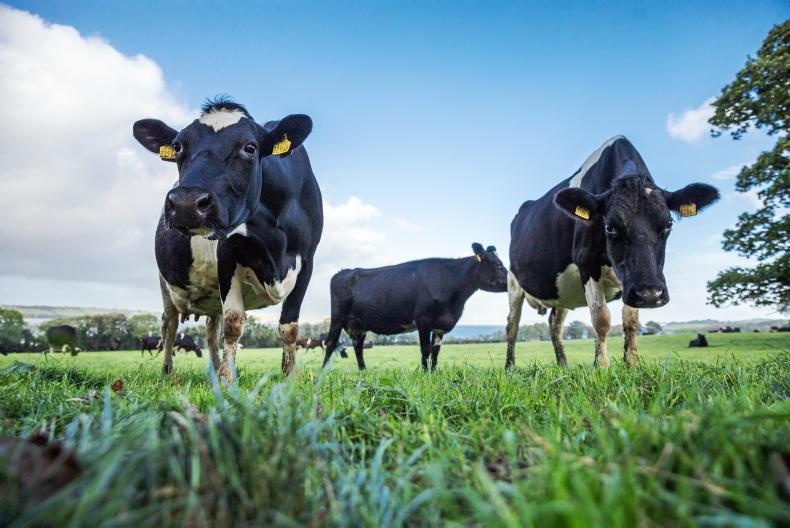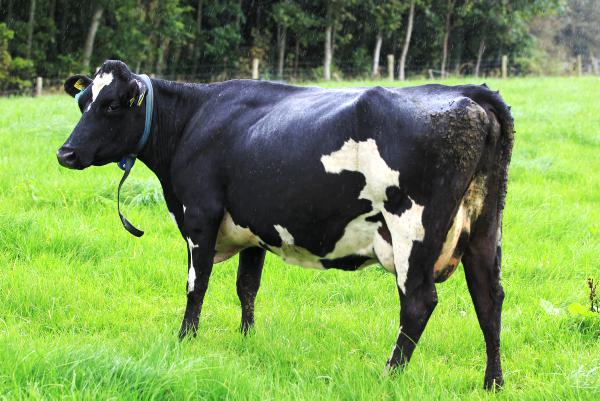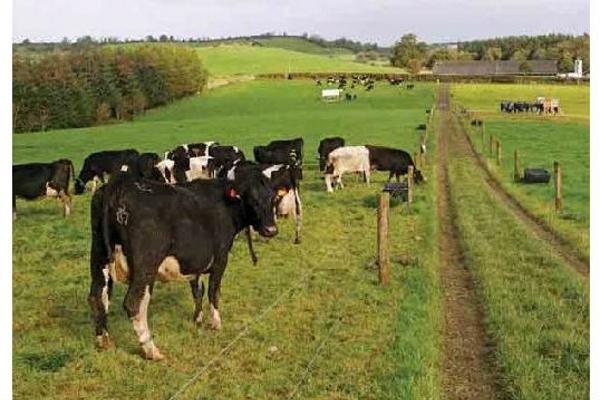Most research studies have concluded that there is no measurable effect of rolling on pasture regrowth rates, according to Brendan Horan, grassland systems research officer at Teagasc.
"While many famers roll silage ground to push down stones loosened during the spring, there is no pasture recovery benefit from rolling, In fact, rolling paddocks during wet/saturated field conditions can be harmful by compacting soils with heavy machinery and restricting air and water movement within the soil profiles.
"Consequently to avoid compaction and save money, the recommendation is not to roll grazing paddocks and instead allow the grazing herd to gently correct the bumpy soil surface over the course of the year," he said.
That said, if a grazed pasture is destined for silage then rolling might be considered, Irish Farmers Journal tillage expert Andy Doyle added.
"If the ground is quite badly poached, rolling before closing and cutting might help prevent lumps of soil getting into the silage, which would impact on quality, as well as pushing down stones," he said.
What about your farm - have you made your decision to roll or not to roll yet? Let us know in our poll below:
Click here if the poll is not displaying.
Read more
Baled silage is as popular as ever on Irish farms
Avoid handling damage to baled silage
Quality baled silage options for dairy farmers
Most research studies have concluded that there is no measurable effect of rolling on pasture regrowth rates, according to Brendan Horan, grassland systems research officer at Teagasc.
"While many famers roll silage ground to push down stones loosened during the spring, there is no pasture recovery benefit from rolling, In fact, rolling paddocks during wet/saturated field conditions can be harmful by compacting soils with heavy machinery and restricting air and water movement within the soil profiles.
"Consequently to avoid compaction and save money, the recommendation is not to roll grazing paddocks and instead allow the grazing herd to gently correct the bumpy soil surface over the course of the year," he said.
That said, if a grazed pasture is destined for silage then rolling might be considered, Irish Farmers Journal tillage expert Andy Doyle added.
"If the ground is quite badly poached, rolling before closing and cutting might help prevent lumps of soil getting into the silage, which would impact on quality, as well as pushing down stones," he said.
What about your farm - have you made your decision to roll or not to roll yet? Let us know in our poll below:
Click here if the poll is not displaying.
Read more
Baled silage is as popular as ever on Irish farms
Avoid handling damage to baled silage
Quality baled silage options for dairy farmers








SHARING OPTIONS